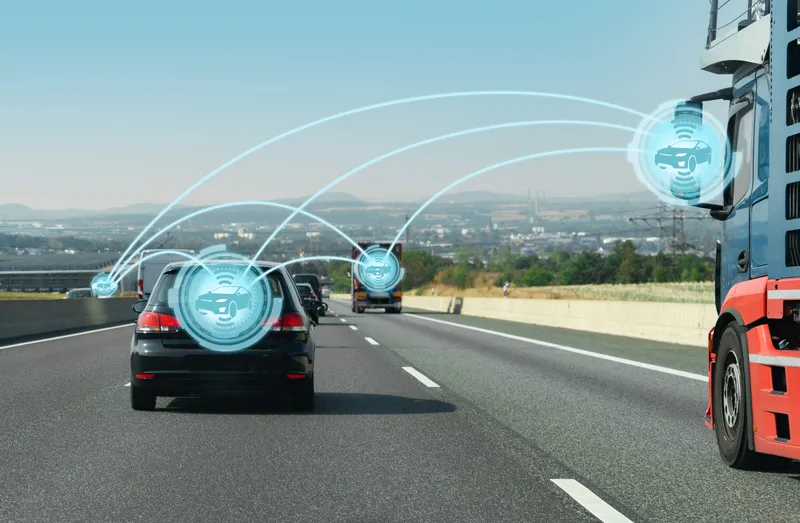The findings of the UMii project, initiated by the Dubai Roads and Transport Authority and implemented by the
Key messages for urban leaders from the project focus on the need to share ownership of the city’s strategy with those benefiting from it, to look at mobility in the wider context of sustainable urban and transportation planning or to explore the power of data.
The UMii project has sought to provide insights into urban mobility and innovation in cities across the world and to deliver a guide for cities to foster innovation in their urban mobility services and systems. Data has been collected globally from 30 cities.
UMii project highlights potential for urban mobility innovation
The initial findings of the UMii (Urban Mobility innovation index) project have been presented in the plenary session of the UITP Global Public Transport Summit (15-17 May 2017) in Montréal and highlighted the fact that innovation is more than technology-based. The findings of the UMii project, initiated by the Dubai Roads and Transport Authority and implemented by the International Association of Public Transport (UITP), in partnership with Future Cities Catapult, also indicated that new types of governanc
May 17, 2017
Read time: 2 mins
The initial findings of the UMii (Urban Mobility innovation index) project have been presented in the plenary session of the UITP Global Public Transport Summit (15-17 May 2017) in Montréal and highlighted the fact that innovation is more than technology-based.









